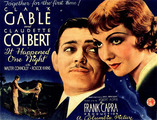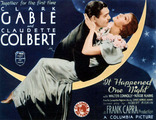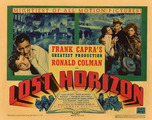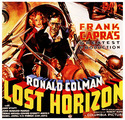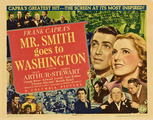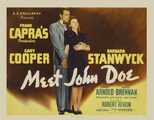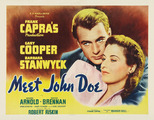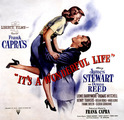
Directed by Frank Capra
Lumière honors great Hollywood classics with a Frank Capra retrospective. Rare films and the return of timeless classics in the spotlight.
After the Ingmar Bergman revival last year, the Lumière festival sets off on a new journey to present a retrospective of a master in the history of cinema, Frank Capra, the great humanist filmmaker of the Hollywood golden age. Within his vivid and abundant filmography spanning forty years, Lumière will highlight his most prolific period, the 1930s. During this era, the filmmaker will develop his trademark themes and define the "Capra's Touch", a subtle blend of humor, optimism and luminous insight. We will not forget though, his later masterpieces, whether it's Meet John Doe or It's a Wonderful Life. This retrospective, featuring eight restored films, is possible thanks to a partnership with Park Circus and Columbia. How fortunate we were last year to welcome Grover Crisp, the grand master of restoration and archive works at Columbia! Our thanks also go to Hollywood Classics, Lobster Films, Swashbuckler Films, and Théâtre du Temple.
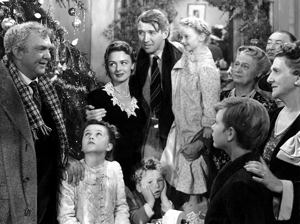 |
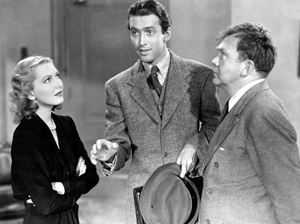 |
| It's a Wonderful Life (1946) |
Mr. Smith Goes to Washington (1939)
|
For Frank Capra, the 1930s represent the "Columbia years," where he teams up with powerful and fiery producer Harry Cohn, who launched his career. Through the director's artistic freedom and the acclaimed success of his motion pictures, he will help transform the modest studio with a poor reputation into one of the biggest studios in Hollywood! From the rare Forbidden to eternal classics It Happened One Night and Mr. Smith Goes to Washington, there will be many opportunities to rediscover his filmography, of a sometimes unexpected richness and diversity.
The spirit of Capra's work is undoubtedly characterized by themes of social injustice and dysfunctions of American society. The impact of the Great Depression will inspire him to make films like American Madness or Lady for a Day, where everyday heroes rise up against all forms of conservatism, driven by their unshakable faith in human nature. The protagonists will be played by Gary Cooper, James Stewart, or Barbara Stanwyck, and, most of the time, humanism and solidarity will triumph.
Capra also knew how to be an esthete and a director of big productions. Responding to the Asian exoticism trend of the time, for instance, he would make The Bitter Tea of General Yen and the superb Lost Horizon, a fascinating philosophical tale of quaint beauty. Capra, who was also a committed and patriotic documentary maker, delivered the mythical Why We Fight series, commissioned by the U.S. Army during WWII. An episode from the series will be screened at this year's festival.
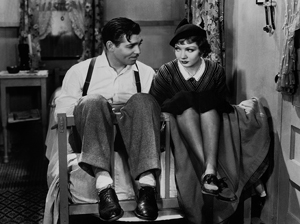 |
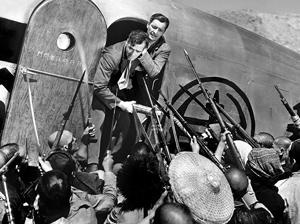 |
| It Happened One Night (1934) |
Lost Horizon (1937)
|
Overflowing with wit in his life and in his art, Capra had only one professional slogan, "There are no rules in filmmaking- Only sins! And the cardinal sin is dullness." This principle has helped make him one of the first "star-directors," whose name alone on the marquee could bring in the crowds. The admiration of Frank Capra's audiences has never wavered, and undoubtedly we shall find this spirit, intact, from October 13 in the theaters of the Lumière festival.
-
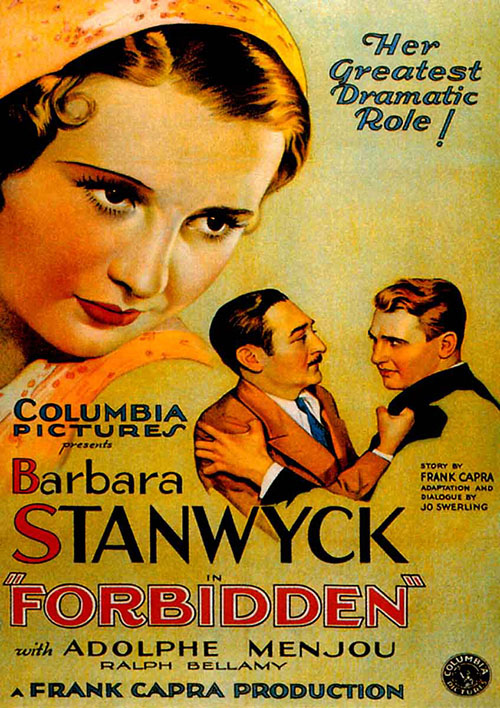
Amour défendu (1932)
-
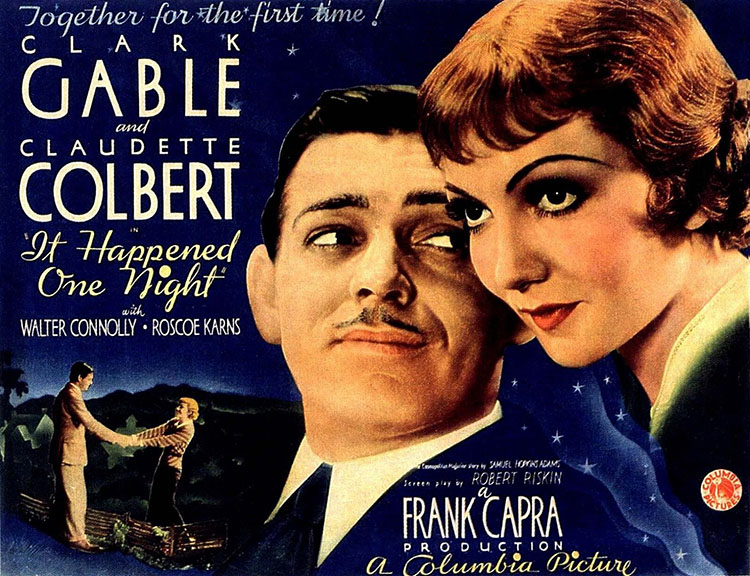
New York-Miami (1934)
-
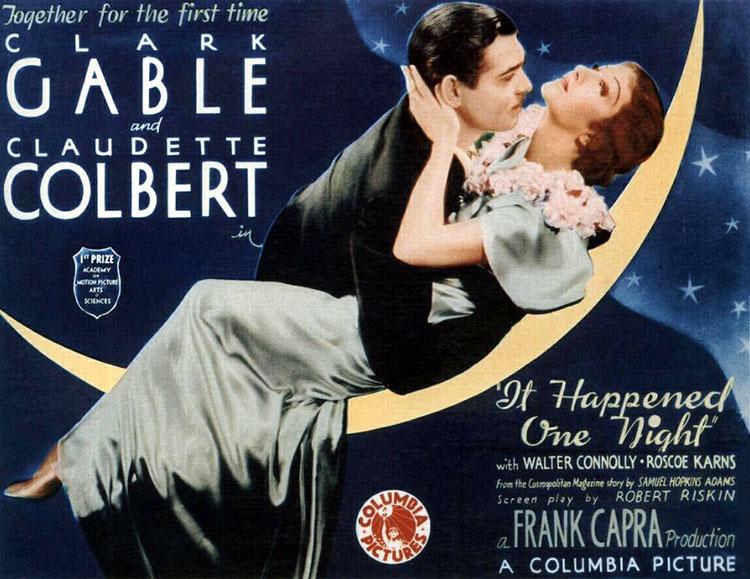
New York-Miami (1934)
-
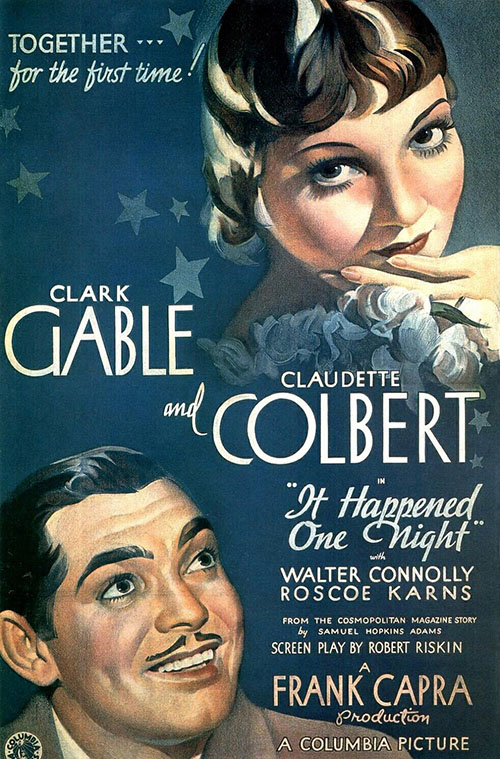
New York-Miami (1934)
-
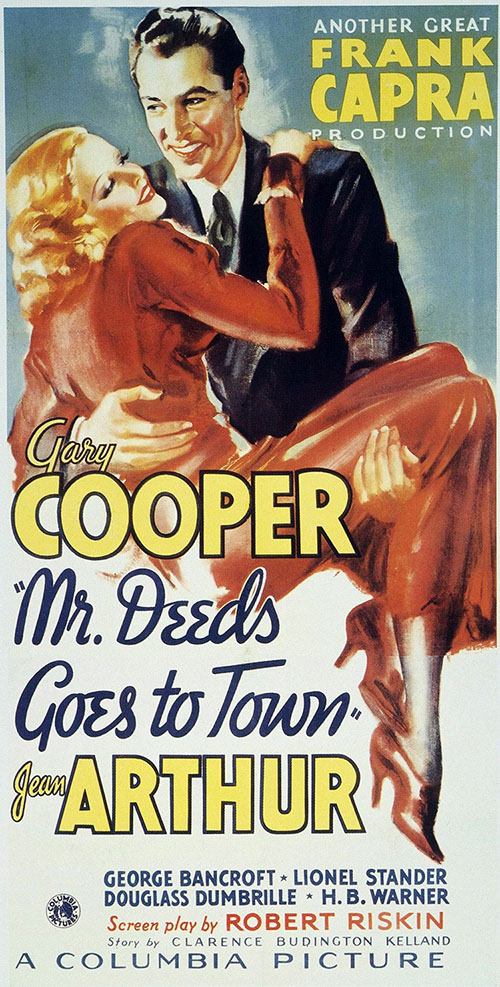
L'Extravagant Mr. Deeds (1936)
-
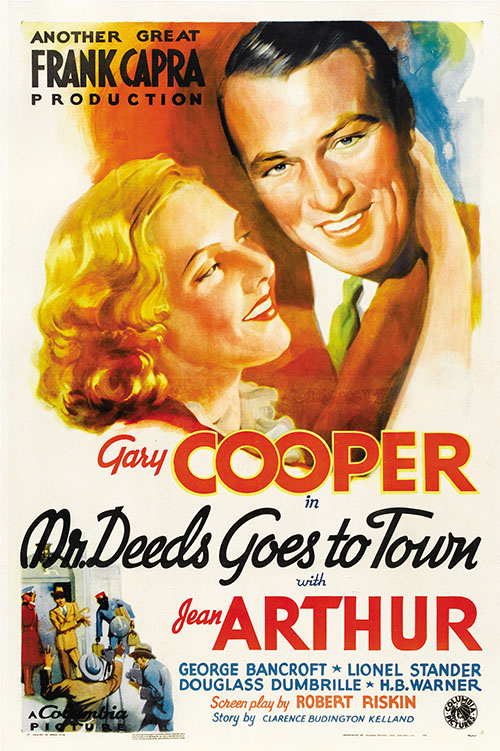
L'Extravagant Mr. Deeds (1936)
-
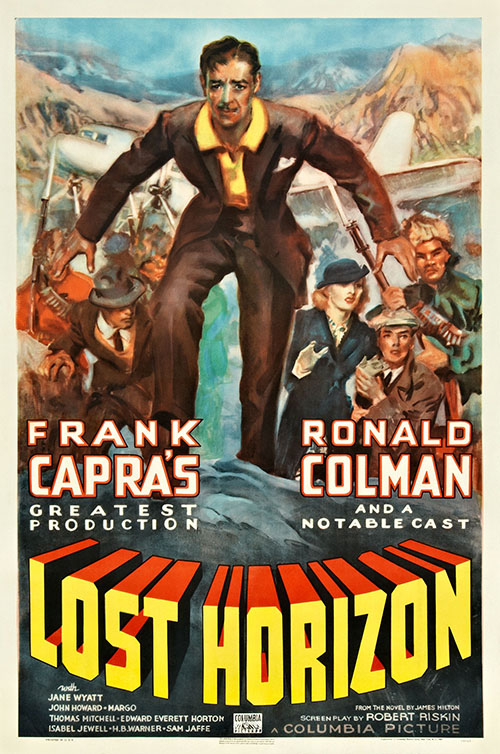
Horizons perdus (1937)
-
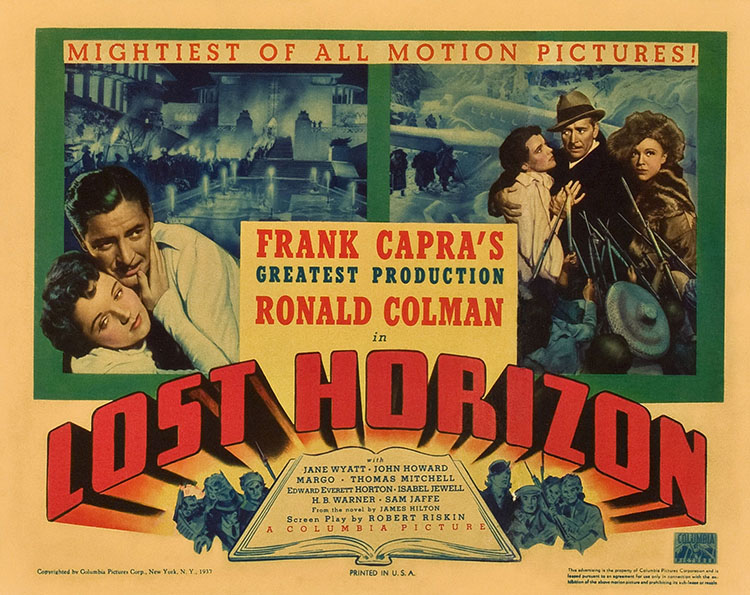
Horizons perdus (1937)
-
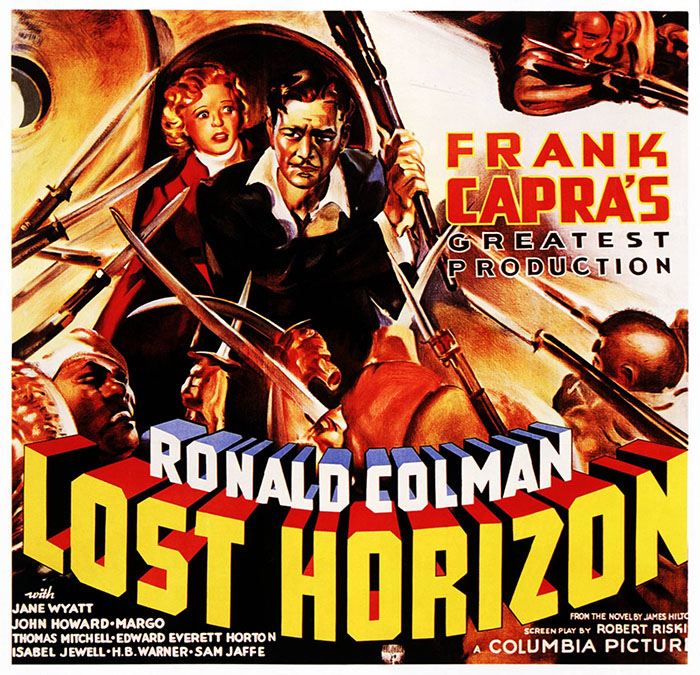
Horizons perdus (1937)
-
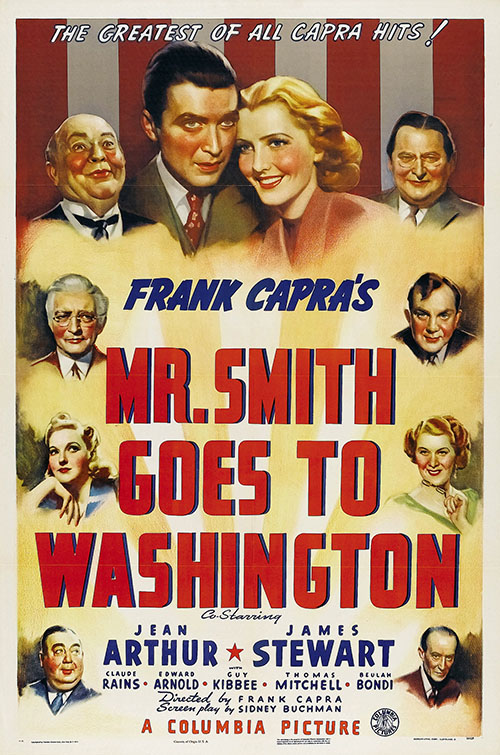
Mr. Smith au Sénat (1939)
-
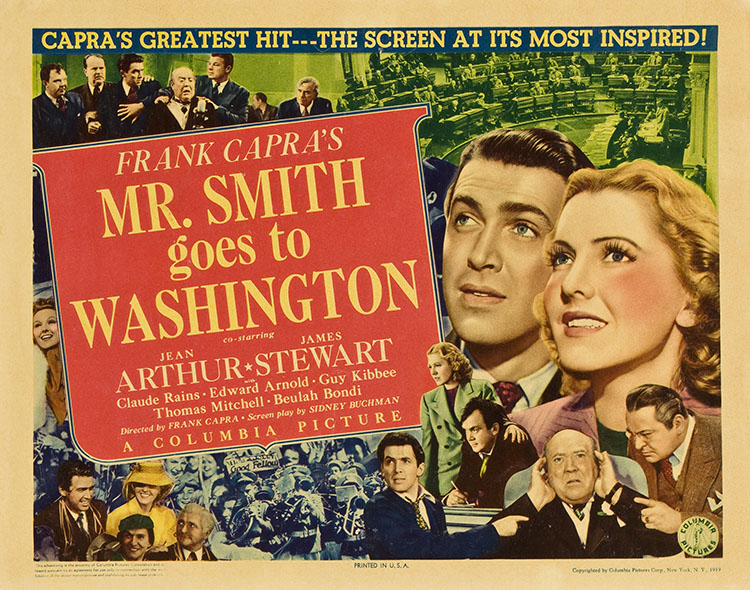
Mr. Smith au Sénat (1939)
-
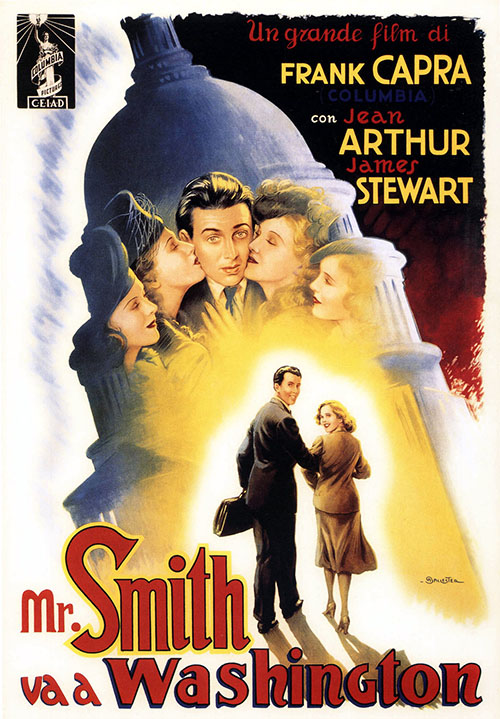
Mr. Smith au Sénat (1939)
-
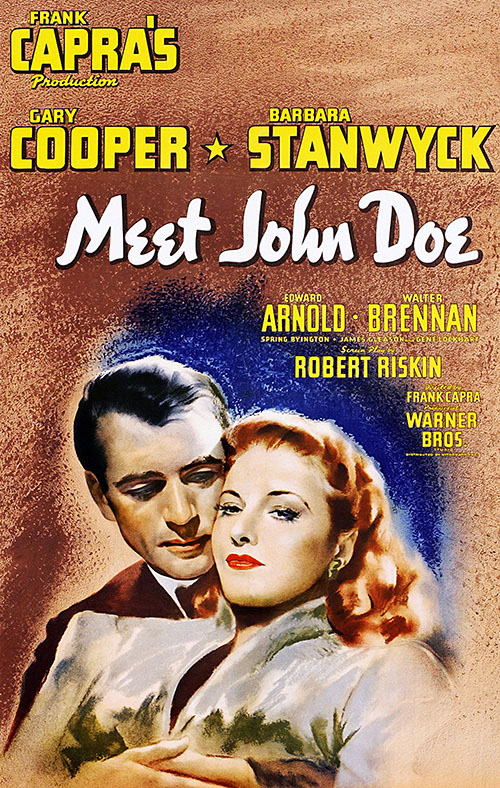
L'Homme de la rue (1941)
-
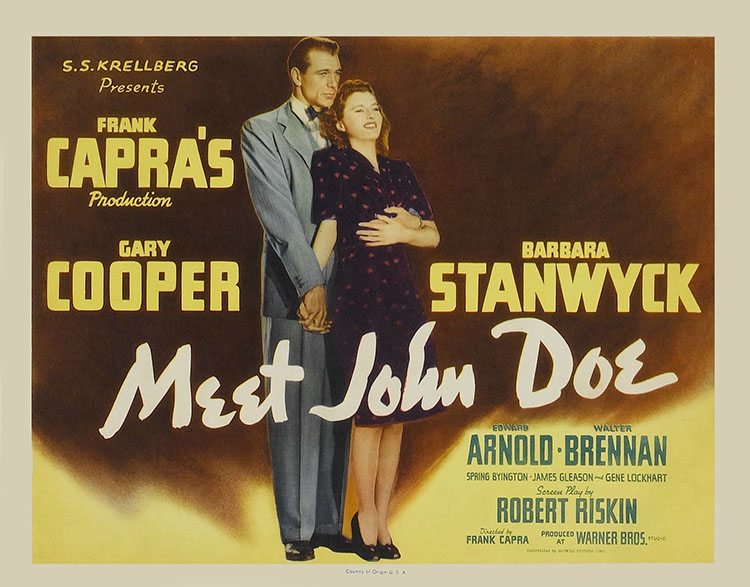
L'Homme de la rue (1941)
-
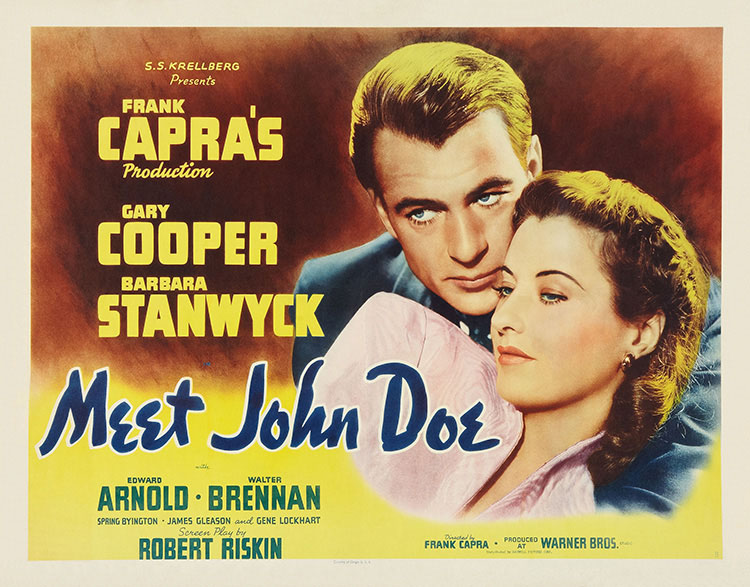
L'Homme de la rue (1941)
-
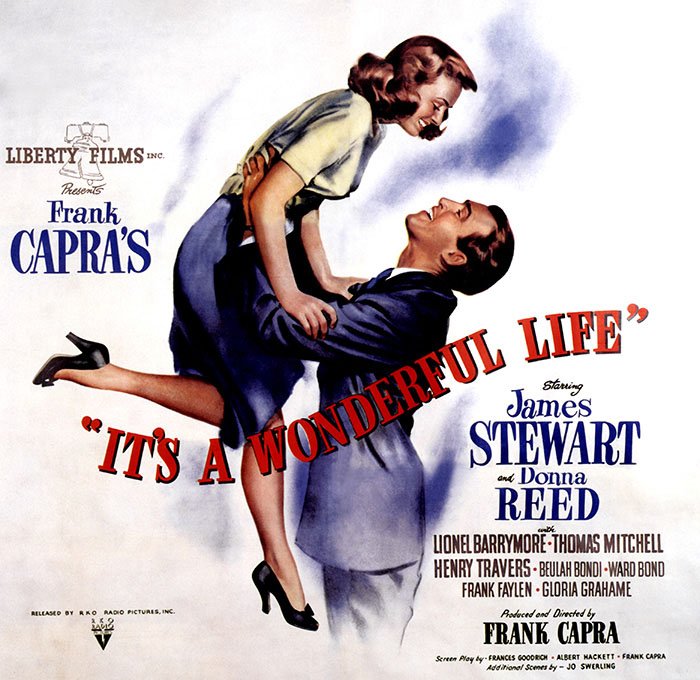
La Vie est belle (1946)
-
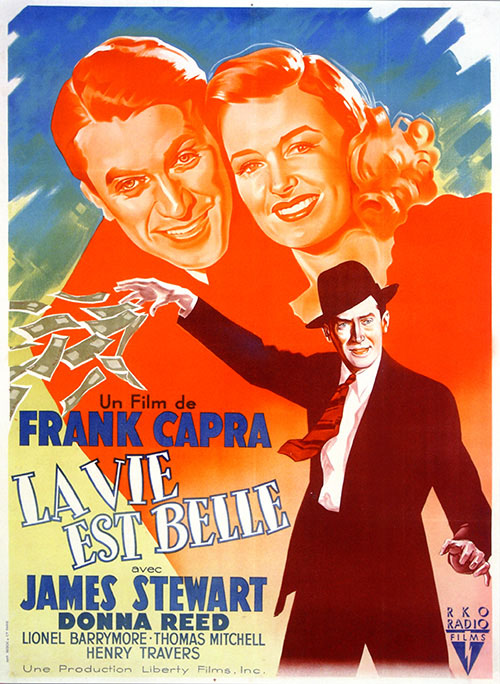
La Vie est belle (1946)
-
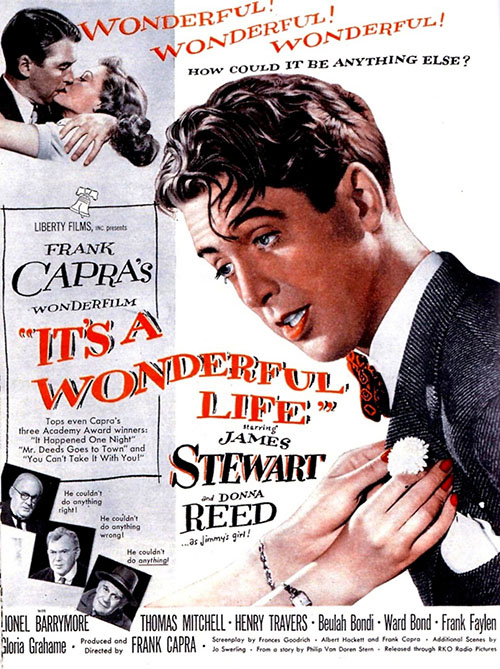
La Vie est belle (1946)
In association with ![]() and
and ![]()
Thank you to Hollywood Classics, Lobster Films, Swashbuckler Films, and Théâtre du Temple.



